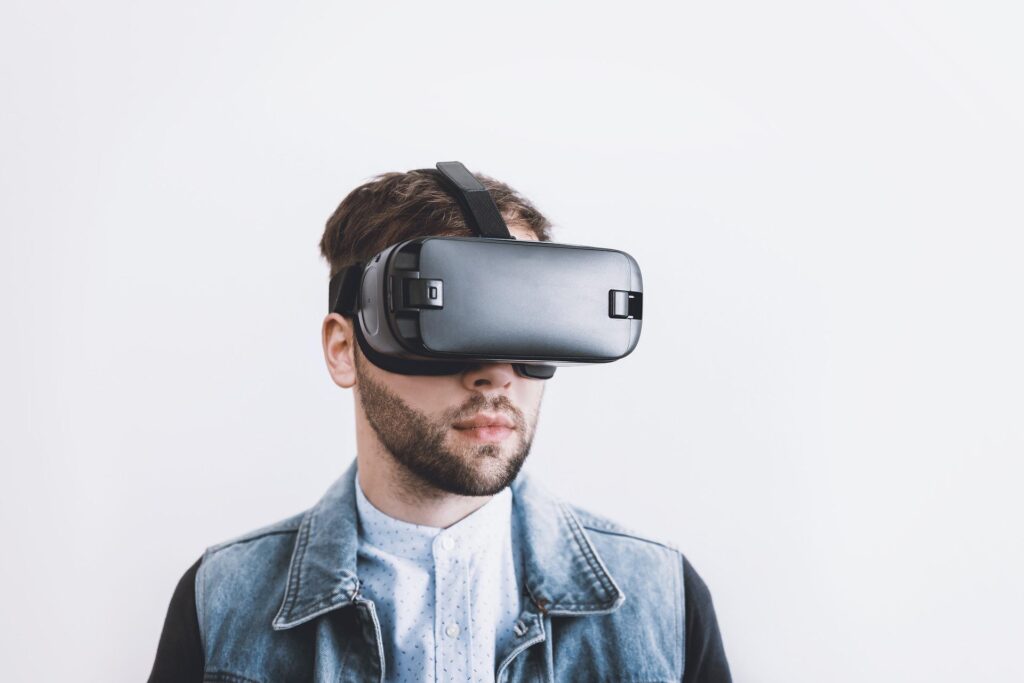Video games have been around for a very long time, and the research on their effects has been accumulating since their inception. In this article, you’ll read about the latest research that’s been published in the journal Frontiers in Human Neuroscience, of how video games can actually improve cognitive functions such as attention, planning, self-control, working memory capacity and decision making.
What are the effects of video games on the brain?
Video gaming can have a positive or negative impact on psychological functioning, depending on the person. Some people find that video gaming can improve their problem-solving skills and mental endurance. Other people find that video gaming can lead to addiction and negative psychological effects, such as decreased social interactions and increased aggression. It is still unclear exactly how video gaming affects the brain, but research is ongoing.
Consuming digital content impact us physically and mentally
There is no denying that consuming digital content, such as video gaming, has a profound impact on both our physical and mental wellbeing. According to a study published in the journal “PLoS One”, consumption of digital content, such as video gaming, can positively affect both cognitive function and well-being. The study was conducted by researchers at the University of Essex in the United Kingdom and it used data from a survey of over 2,000 people. The study found that people who played video games for more than two hours per week had better cognitive function than those who consumed less digital content. Furthermore, the study found that people who scored higher on measures of psychological wellbeing also had better cognitive function. Interestingly, the study found that playing video games did not have any negative impact on psychological wellbeing in adults aged 18-64 years old. However, the study did find that playing video games can have a negative impact on psychological wellbeing in adults aged 65 years or older. The findings of this study suggest that consuming digital content, such as video gaming, can have a positive impact on our mental wellbeing. This is particularly interesting given the growing trend of adults spending more time online and engaging in digital content consumption.
How to regulate and manage screen time
There is growing concern that excessive screen time is negatively affecting children’s psychological functioning. In fact, a study published in the journal Pediatrics found that children who spent more than two hours per day playing video games had lower scores on tests measuring cognitive abilities and creativity. Similar research has been conducted with other digital media, such as television and smartphones. While there is still some debate surrounding this issue, it seems clear that too much screen time isn’t a good thing for kids. Some parents are wondering how to best regulate their kids’ screen time, while others are looking for ways to help kids get the most out of their video games. Here are some tips for both groups: -Start by setting guidelines. rather than letting your child watch whatever they want on TV or play any game they want on their phone, set limits. For example, let your child watch one hour of TV per day and no more than two hours of video gaming per day. This way, you can monitor their screen time and make sure they’re getting the appropriate amount of education and entertainment. -Get creative. If your child doesn’t like watching TV or playing video games in moderation, try creating games or activities specifically for screens
Benefits of media multitasking
A recent study has shown that people who engage in media multitasking have better psychological functionings than those who do not. The study was conducted by the University of Southern California’s Entertainment and Media Research Institute (EMRI) and it investigated how video gaming affects psychological functioning. The results showed that those who engaged in video gaming had better psychological functionings than those who did not. The study also found that those with better psychological functionings were more likely to be gamers. This study is significant because it shows that video gaming can have positive effects on mental health. It also reinforces the idea that media multitasking is a good thing. It means that people can have multiple activities going on at the same time and still be able to function well. This is important because it means that people can enjoy activities without having to worry about their mental health. The study also found that gamers were more likely to have higher levels of psychological functionings than non-gamers. This suggests that video gaming can be a good way to improve your mental health. It can help you to relax, focus, and enjoy life more.
Conclusion
Video gaming has become an increasingly popular pastime, with many people spending hours in front of a screen each day. While it is widely accepted that video gaming can have positive effects on psychological functioning, such as improving problem-solving skills and social interaction, there is still some debate over the long-term impact of frequent video game playing. This article explores the association between video gaming and psychological functioning, highlighting some of the research that has been conducted on the topic. Hopefully this will give you a better idea of whether or not video gaming is something you should be incorporating into your lifestyle and help you make more informed decisions about how to spend your time.


